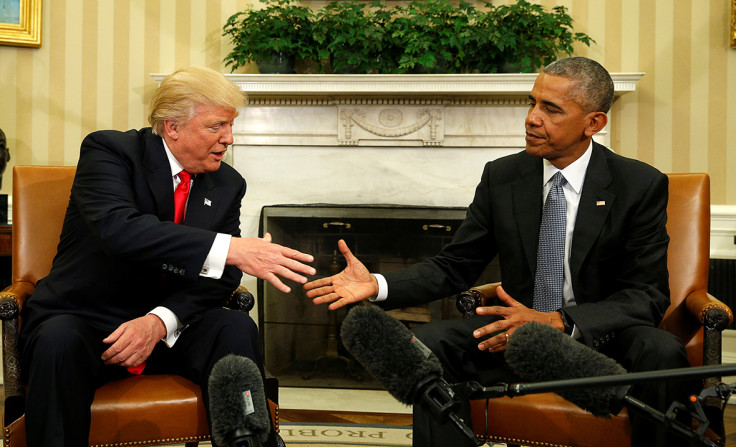What does Donald Trump's transition period indicate about his presidency?
Professor Michael Cornfield believes that 'the circumstances of the election are without precedent'.
Since Donald Trump's surprise US election victory on 8 November 2016, the real estate mogul turned politician has been busy nominating his cabinet and preparing for life as "leader of the free world".
However, the transition period has not been without controversy with Trump's late night tweets, links to a web of conspiracy involving the Russian government, and some debate over a number of his cabinet choices.
Ahead of his inauguration on 20 January, IBTimes UK spoke to Dr Michael Cornfield from George Washington University in Washington DC about what this transition period could indicate about Trump's future presidency.
"We know this from the transition period, that Trump has lost popularity where most of his predecessors have gained it, and we know that we've never had a president that has zero experience in government and is coming laterally to this position from a 30-year career as a real estate developer and a brand manager," said Cornfield. "It is really an experiment, pouring various volatile liquids into the pot and we'll see what happens."
The Associate Professor of Political Management added: "The circumstances of the election are without precedent, and the degree of partisan animosity has precedent but it is still a big factor."
Between 700,000 and 900,000 people are expected to descend on DC on 20 January to witness Trump and Vice President-elect Mike Pence being sworn into office. A number of protests, both in support and opposition of the new administration, are also set to take place across the US capital and beyond.

© Copyright IBTimes 2024. All rights reserved.






